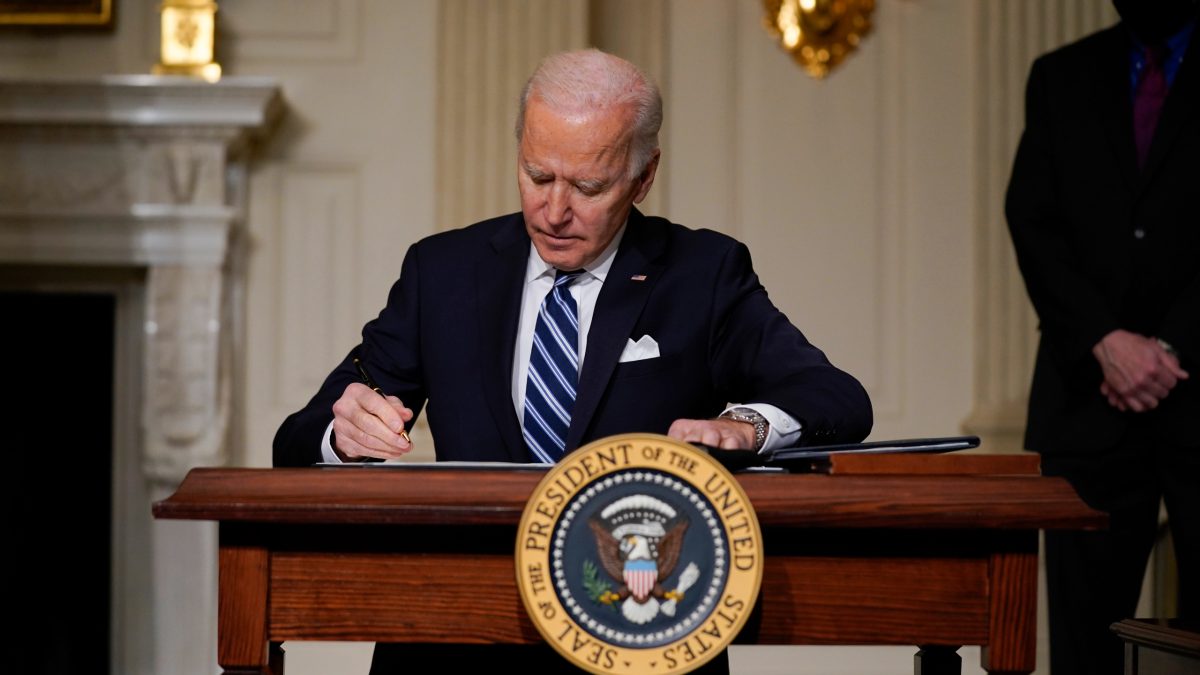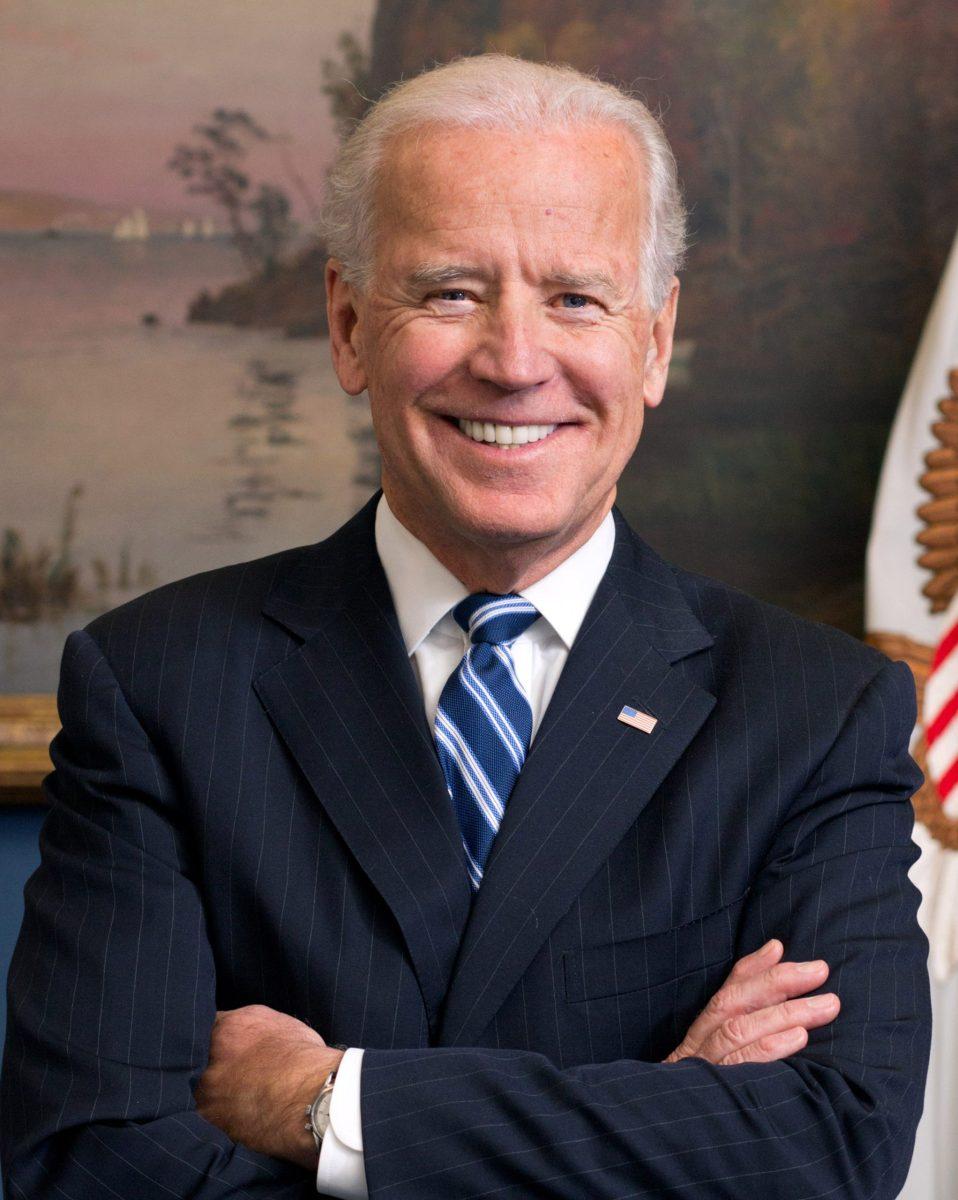College is often stereotyped as a magical, liberal fairytale land in which all conservative ideas go to die. There is some merit to this concept, though not quite as extreme as those on the left would hope or those on the right would fear. According to Pew Research Center, there is a correlation between increasing level of education and liberalism; in a 2015 study, 54% of individuals with postgraduate education identified as “consistently liberal” or “mostly liberal,” compared to 14% who identified as “consistently conservative” or “mostly conservative.” The trend reverses as level of education decreases. For those with a college degree, 44% identified as liberal, but for those with only a high school education or less, only 26% identified as liberal.
Do students fit the same trend at NJIT? To study this, we’d have to identify some degree of political activism on campus. If you look close enough, you’ll find a few student organizations that focus on or dabble in politics, but by and large, it seems that only a minority of students actively care about political engagement. What explains this phenomenon?
One might think the overwhelming commuter culture plays a role in the lack of engagement on-campus. Over 80% of students enrolled at NJIT commute, so perhaps it isn’t as easy to get involved. But if we look across the street to Rutgers, we see similar proportions of commuters, yet significantly more political involvement, particularly when measured in terms of student organizations and events.
Last February, I and several other NJIT students attended a rally held at Rutgers Newark protesting President Trump’s colloquially named “Muslim ban”. The event attracted speakers from around the local community, as well as a visit from then-gubernatorial candidate Phil Murphy. This past March, Rutgers held another rally, this time in favor of passing a clean Development, Relief, and Education for Alien Minors (DREAM) Act. A crowd of almost 200 marched from the Paul Robeson Campus Center to protest outside the regional offices of Immigration and Customs Enforcement (ICE). I have yet to see the same level of engagement on our own campus, organized by our own students.
There exists a special kind of hopelessness when you’re the only student in the room who is politically aware. Anecdotal evidence coupled with personal experience has time and again suggested that NJIT students overall are not engaged in real-time politics. Such news can directly affect students yet somehow largely goes unnoticed on this campus.
The original prompt I chose to write about was “Has being a student at NJIT changed your political views?” My response to that is “How could it?”





































